Family dynamics, intergenerational relationships, and nest-leaving
This work examines the consequences of the timing and pathways of home leaving on later parent-child relationships in contemporary societies. It focuses on two extreme different societies, namely Italy and Sweden, to analyse how varying family dynamics including new family forms, structures and cultural expectations, interplay with home-leaving processes. The results show that in different cultural and institutional contexts, living with parents for longer tends to foster intergenerational solidarity in later life.
{{comment.content}}
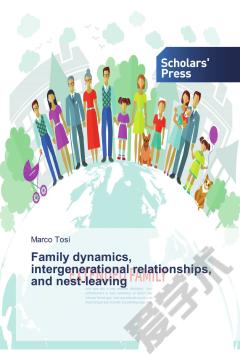


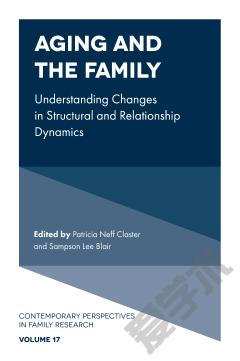
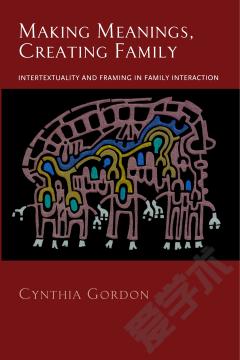
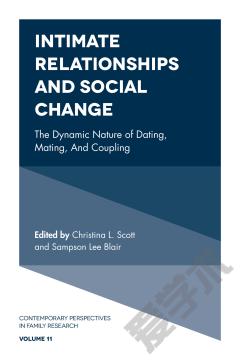
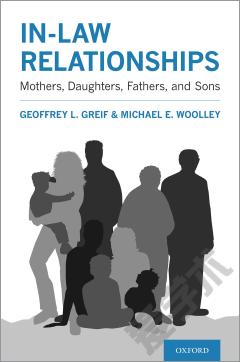

 京公网安备 11010802027623号
京公网安备 11010802027623号